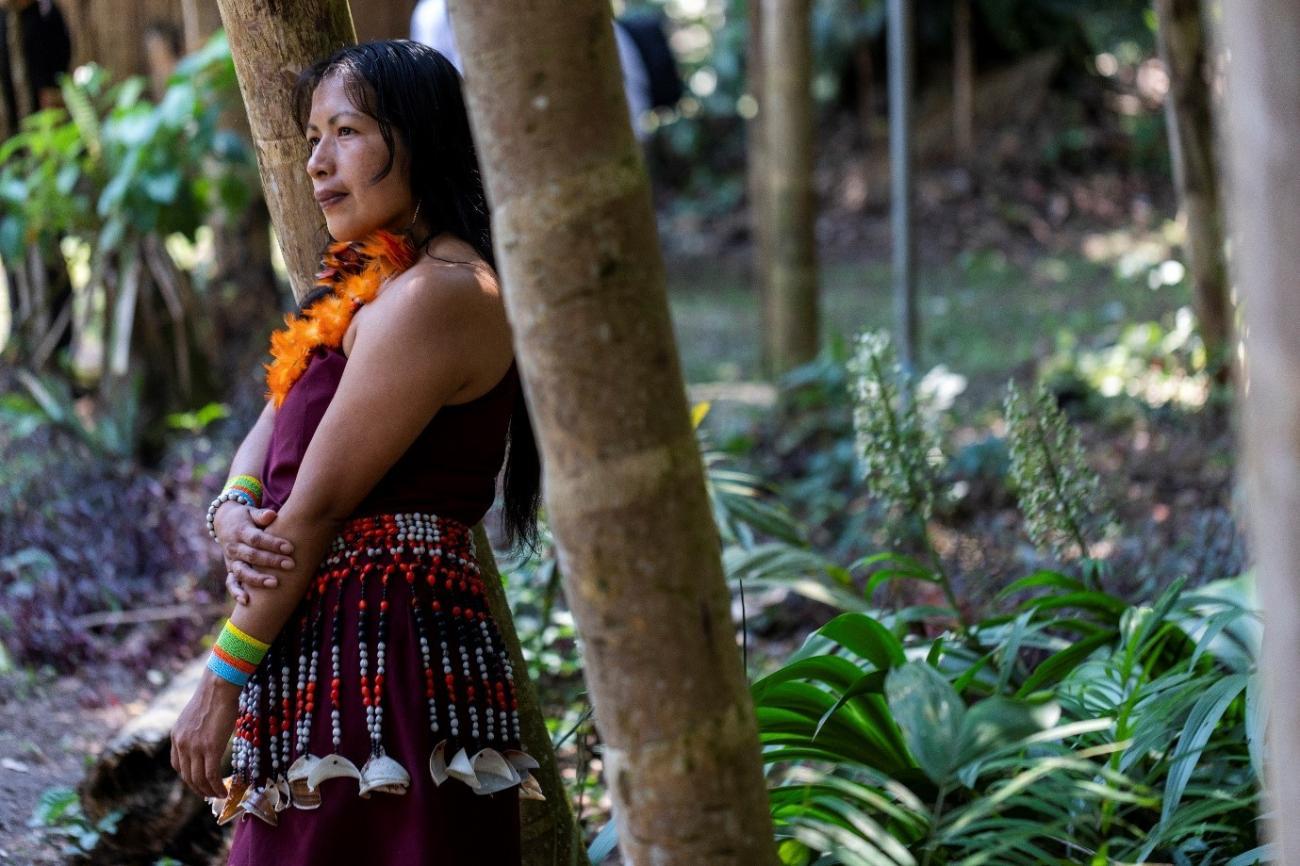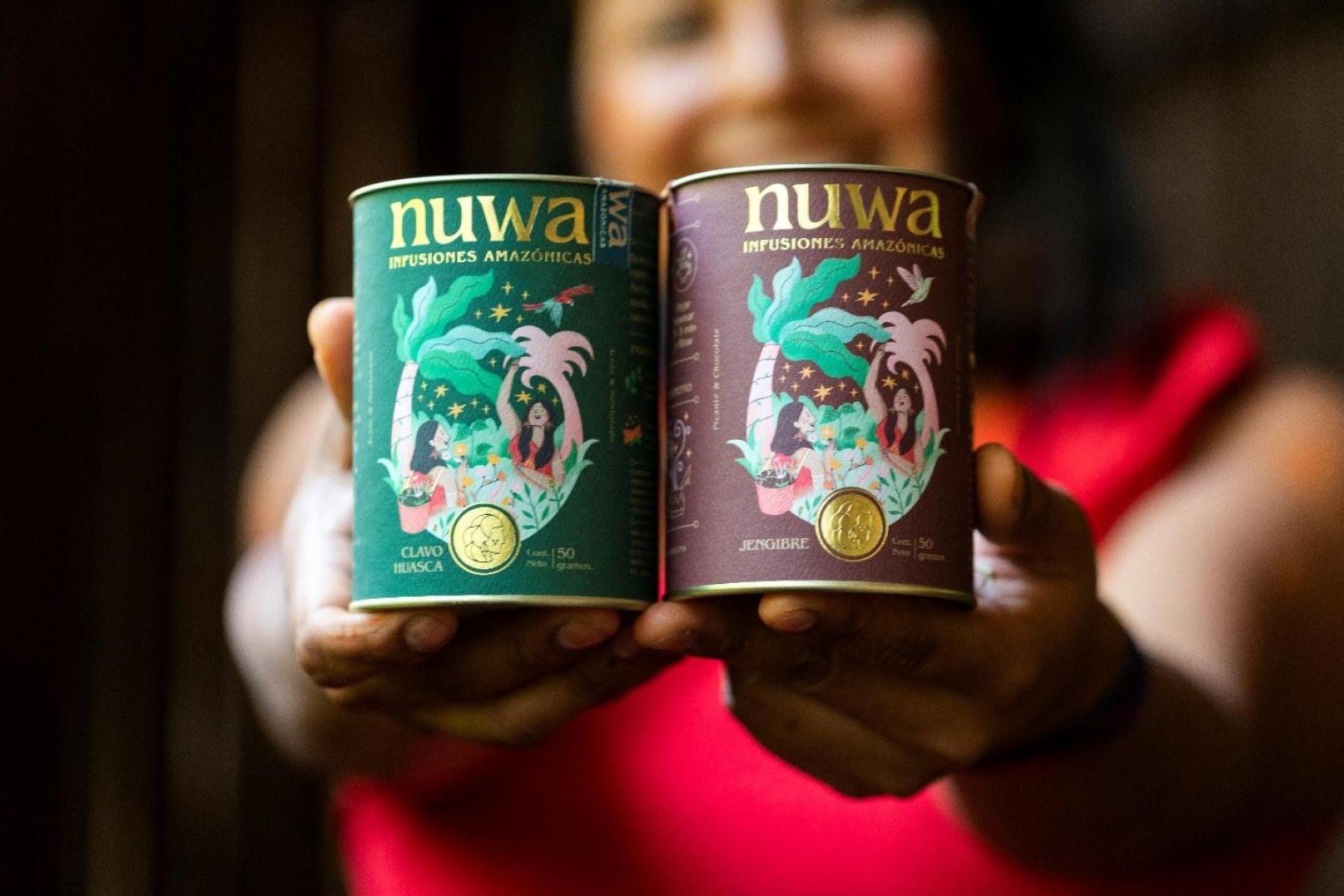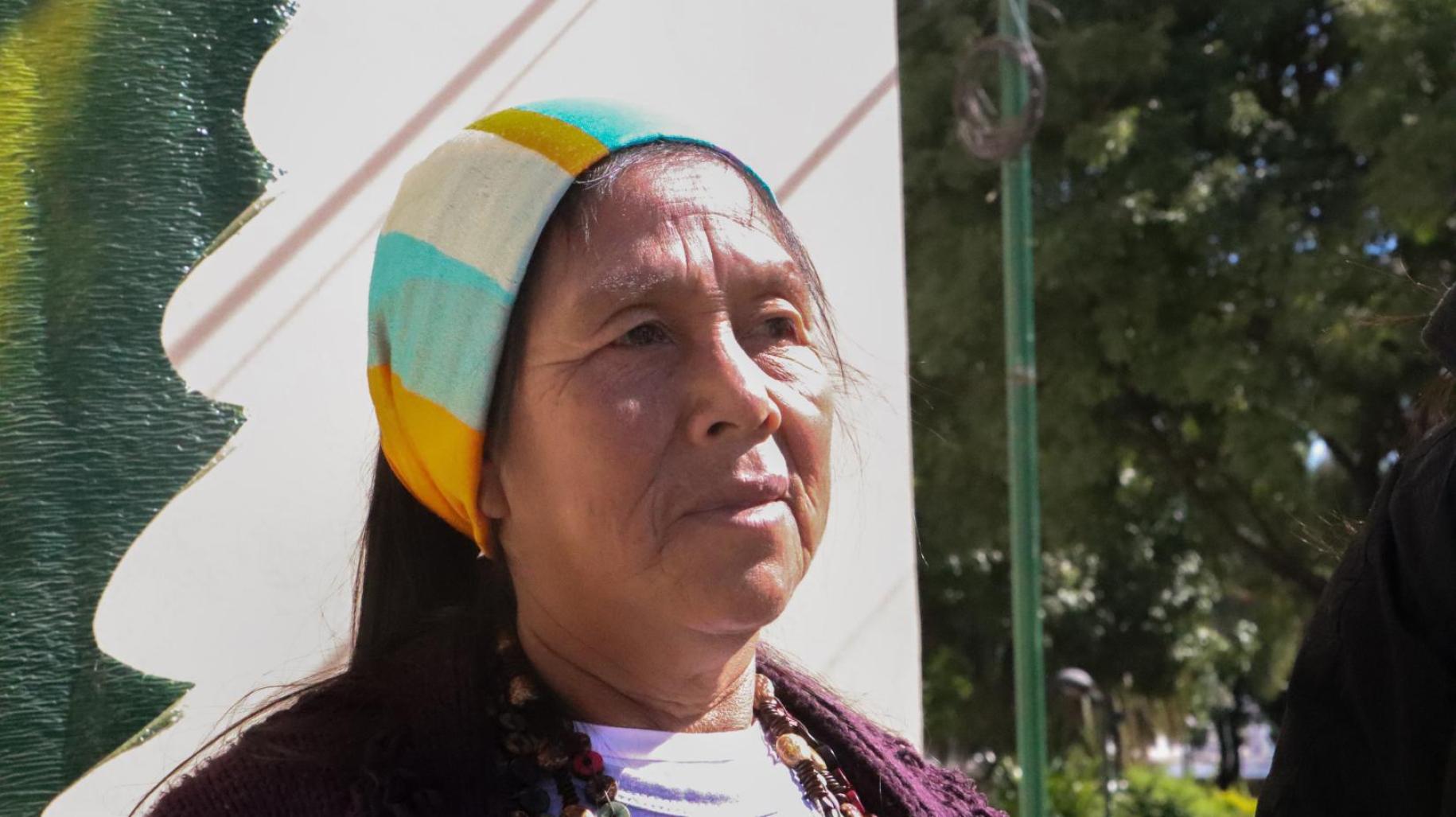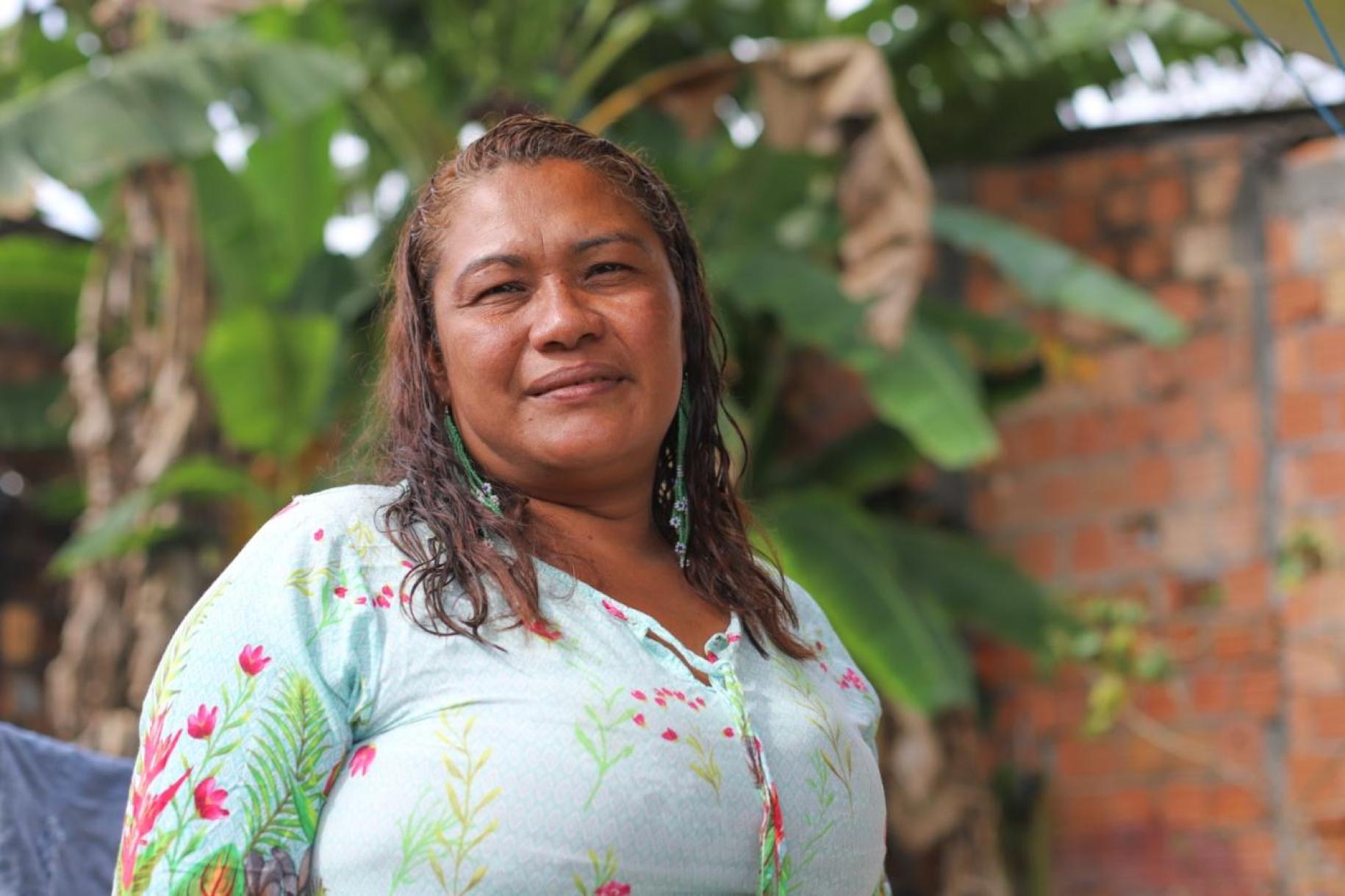Wisdom of elders: How the UN works to preserve indigenous knowledge in Latin America

Speaking 4000 different languages, and living across 90 countries, Indigenous People make up 5% of the global population- an estimated 476 million people.
The traditional knowledge of indigenous communities, and their wisdom in conserving and restoring the natural environment play a pivotal role in the fight against climate change and biodiversity loss. Yet, throughout history, their distinct way of life has been threatened, and their rights to land, natural resources, and political representation, violated.
International Day of the World's Indigenous Peoples, which is celebrated annually on 9 August, highlights the need to protect Indigenous rights whilst recognizing the vital contributions indigenous communities make in safeguarding our planet and enriching its cultural diversity.
Here are three ways our UN country teams on the ground have been supporting Indigenous communities and are carrying the commitment to preserve their traditional knowledge and cultural identity forward.
Peru: Indigenous women revitalize land into tea
In the Peruvian amazon, weather changes coupled with widespread deforestation has destroyed a significant part of the ecosystem and destabilized livelihoods of indigenous communities and food systems.
To help revitalize this ecosystem and protect the ‘lungs of the planet’, a group of indigenous women of the Awajun community, known as the ‘Nuwas’ came together through an association to cultivate medicinal plants and produce tea. By using knowledge inherited from their grandmothers, the ‘Nuwas’ have grown over 100 types of medicinal plants and have sustained their livelihoods by selling the tea under the ‘Nuwa’ trademark.
To strengthen the sustainability of their business and expand their agricultural production, the Nuwas joined a group of more than 17,000 local producers- in a projected co-financed by IFAD and the government of Peru. Learn more about how the programme helping the Nuwas and other indigenous producers in the region build resilience and protect their ancestral land from climate change.

Elevating indigenous voices in the Gran Chaco Region
The Gran Chaco region, which extends through areas of Argentina, Bolivia and Paraguay, is the largest ‘dry forest’ in the world and home to more than 9 million people.
With high temperatures and prolonged droughts, the region is particularly vulnerable to the effects of climate change. On top of climate pressures, the region also lags behind with economic, social and health indicators. Tackling these evolving impacts calls for cooperation across borders and the expertise and support of diverse communities, including indigenous people.
Recognizing this need for joint solutions, the Resident Coordinators in Paraguay, Argentina and Bolivia visited the region where they got to see up close various initiatives working to tackle these inequalities and promote the sustainable management of natural resources.

During the tour, the Resident Coordinators met with members of different indigenous communities who shared their own their own perspectives on these interconnected challenges. Nancy López, is who is part of the Weenaheyk indigenous community in Argentina and director of local ‘La Voz Indígena’ radio station, shared her concerns about the loss of indigenous languages and cultures and explained to the Resident Coordinators how vital the forests and mountains are to her people as a source of food, medicine and materials. Hear more indigenous perspectives from the Resident Coordinators’ mission and learn how they are feeding into the UN’s integrated, cross-border approach to climate action here.
Promoting inclusive indigenous education in Brazil
In Manuas, a city in northwest Brazil, the indigenous Warao people from Venezuela face a number of challenges navigating their new lives as refugees and migrants, including accessing education and health services.
Daisy Pérez is an indigenous, Venezuelan educator and mother of four who has been working to help enroll Warao refugees into the public school system in Manuas, and promote greater inclusion. With support from UNHCR and its partner the Mana Institute, Daisy organized documentation for members of the Warao community, helped sensitized the local schools to the needs and cultural traditions of the Warao children and connected families to a range of essential services in the city.

Learn more about how Daisy supported Warao families on their path towards a more dignified future here.













